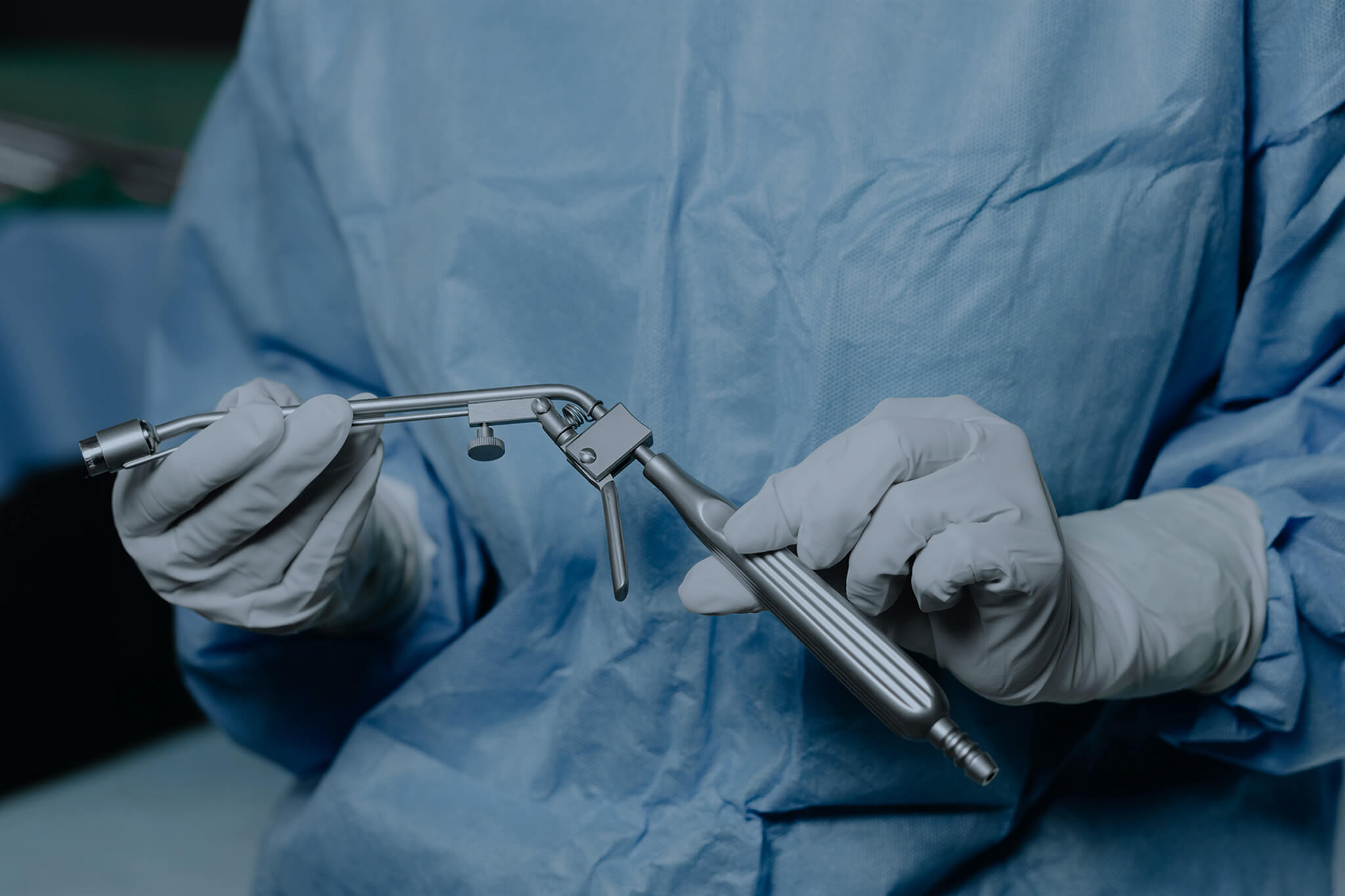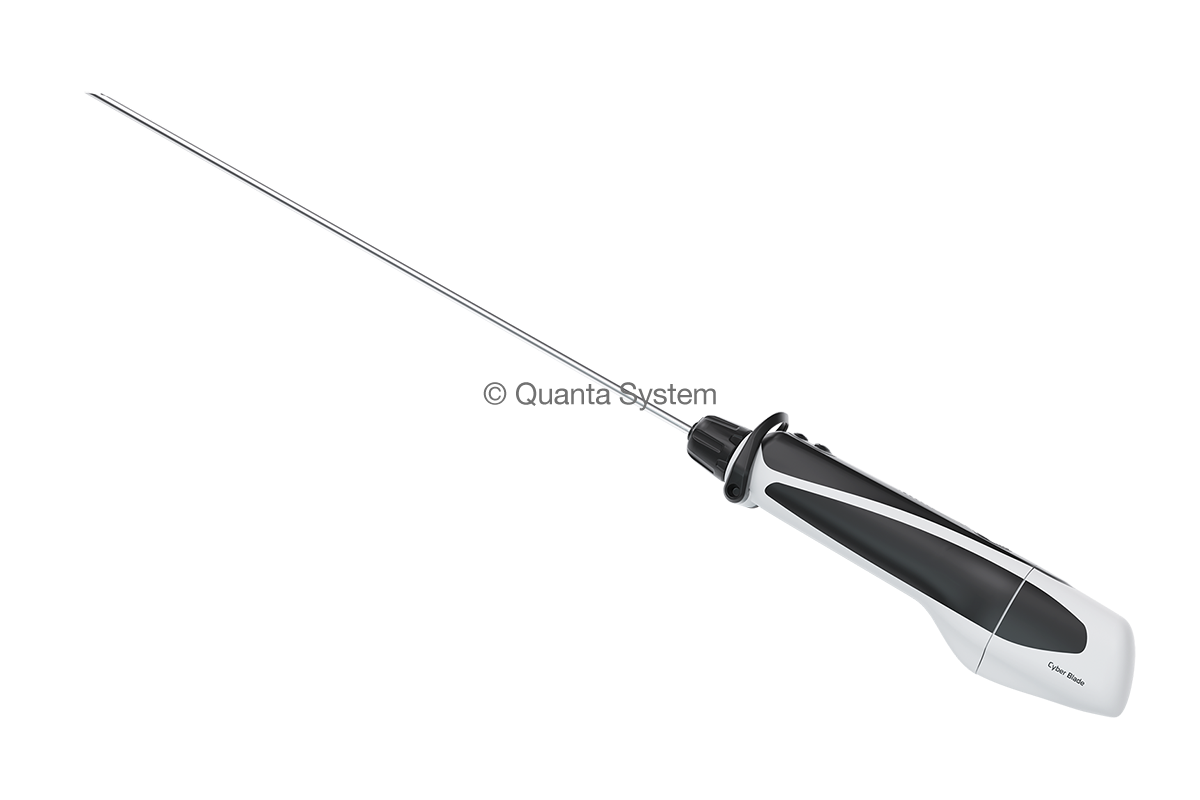Disposable vs Reusable Surgical Instruments
Disposable instruments are widely recognized for their convenience and ability to minimize cross-contamination. These single-use tools eliminate the need for sterilization processes, saving time and reducing risks associated with human error. On the other hand, reusable instruments offer greater customization and may provide long-term cost savings, making them suitable for specialized procedures and institutions focused on sustainability.
This article explores the pros and cons of disposable and reusable surgical instruments, providing a balanced view to help healthcare professionals make informed decisions. By the end, readers will gain valuable insights into selecting the tools best suited to their facility’s needs, ensuring optimal efficiency, safety, and environmental responsibility.

What Are Disposable Medical Devices?
Disposable medical devices are tools designed for single use, ensuring sterility and reducing the risk of infection. After each procedure, these devices are discarded, making them ideal for high-risk or high-volume medical environments.
Examples of disposable devices include syringes, catheters, and certain surgical instruments like morcellator blades. These tools are typically made from materials that can be sterilized during production, ensuring maximum safety upon use. Here are some of the advantages of using disposable medical devices:
Benefits of Disposable Medical Instruments
Disposable surgical instruments offer a range of benefits that make them invaluable in modern healthcare settings.
- Reduced risk of infections: Single-use devices eliminate the potential for cross-contamination, ensuring sterility for every procedure. This is especially crucial in sterile surgical environments.
- Convenience and time savings: Disposable instruments remove the need for cleaning and sterilization, allowing healthcare teams to focus on patient care instead of maintenance. This also enables faster turnaround times for back-to-back procedures.
- Cost efficiency: While the initial cost of disposables may be lower, the overall savings from eliminating sterilization equipment and labor can make them a cost-effective choice.
- Consistent performance: Each device is new and free from wear and tear, ensuring reliable functionality every time.
- Enhanced patient safety: By minimizing risks associated with cleaning errors, disposable instruments contribute to improved patient outcomes.
- Simplified logistics: Without the need for sterilization equipment or processes, hospitals save space and resources, streamlining their workflows.

Drawbacks of Disposable Medical Devices
While disposable medical devices offer many advantages, they are not without challenges that healthcare facilities must carefully consider.
- Environmental impact: Disposable instruments contribute to medical waste, raising concerns about sustainability.
- Higher cumulative costs: Over time, the recurring expense of disposables may surpass the cost of reusable alternatives.
- Limited customization: Unlike reusable devices, disposables may not meet the specific needs of complex procedures.
- Supply chain dependencies: Relying on disposables increases vulnerability to disruptions during pandemics or shortages.
Reusable Surgical Instruments: An Alternative Approach
Reusable surgical instruments have been a cornerstone of healthcare for decades, offering reliability and adaptability across various medical procedures. Unlike disposable tools, these instruments are designed for multiple uses, requiring meticulous cleaning and sterilization between procedures. While they demand more resources to maintain, their advantages make them an essential option for many healthcare providers, particularly those prioritizing sustainability and long-term cost efficiency.
Benefits of Reusable Instruments Over Disposable Options
Reusable surgical instruments bring several distinct advantages to healthcare facilities:
- Sustainability: Reusables reduce medical waste and align with eco-friendly goals, addressing growing sustainability concerns in healthcare.
- Customization: Tailored for specific procedures, reusables offer adaptability that disposables often lack, especially in specialized surgeries.
- Long-term cost savings: Despite higher upfront costs, reusables may be cost-effective over time, particularly in high-volume settings.

Challenges of Working with Reusable Instruments
Despite their advantages, reusable instruments come with challenges that healthcare facilities should take into account:
- Maintenance: Cleaning and sterilizing reusable tools require dedicated resources, including trained staff, specialized equipment, and significant time. This process can slow down surgical workflows and increase operational complexity.
- Infection control risks: While reusable instruments are designed to be sterilized, errors in the cleaning process can lead to cross-contamination. This poses risks to patient safety, particularly in high-risk procedures where sterility is critical.
- Higher initial investment: The upfront costs of purchasing reusable instruments and the required sterilization equipment can strain budgets, especially for smaller facilities.
- Downtime for sterilization: Reusable tools are unavailable while being cleaned, which can delay procedures in facilities with limited inventory.
Comparing Disposable vs Reusable Surgical Instruments
Healthcare providers must weigh multiple factors when choosing between disposable vs reusable surgical instruments, as each has distinct advantages and limitations. These factors include:
- Procedure type: Disposables are ideal for high-risk surgeries where sterility is critical, such as in trauma or transplant procedures. Reusables, on the other hand, are well-suited for low-risk or routine operations, offering durability and reliability over multiple uses.
- Cost-effectiveness: Disposables are convenient in high-volume facilities, saving time by eliminating sterilization needs. However, reusables provide significant long-term cost savings, especially in facilities with specialized or lower-volume procedures.
- Environmental concerns: Disposables contribute to medical waste, posing challenges for sustainability-focused institutions. While reusables reduce waste, their cleaning and sterilization require resources, which also impact the environment.
Balancing these considerations is crucial and many institutions adopt a hybrid approach, using disposables for high-risk or urgent procedures and reusables for standard operations, acheiving the best mix of efficiency, safety, and sustainability.

A Case for Single-Use Medical Devices
Disposable medical devices play a crucial role in the healthcare industry. In all specialties, reducing cross-contamination and infection risk is extremely important. Clinicians aim to provide the best possible treatment with the fewest complications, using a minimally invasive approach wherever possible to shorten recovery times.
Single-use disposable devices can enhance the sterility associated with minimal access surgeries. The Quanta System Cyber Blade Disposable Morcellator makes a strong case for single-use disposable medical devices. This game-changing tool in BPH treatment and other laparoscopic procedures eliminates the need to clean and sterilize a reusable device after a procedure — minimizing cross contamination and surgeon downtime between patients. The Cyber Blade is just one example of a disposable medical device that positively impacts surgical centers, hospitals, and other medical institutions.
IML is proud to work with partners such as Quanta System who are committed to sustainability in terms of materials and packaging, helping usher in a more environmentally-conscious era in healthcare.
Parting Thoughts: Finding the Right Balance
The choice between disposable vs reusable surgical instruments depends on the unique requirements of healthcare facilities, considering factors like patient safety, cost, and environmental impact. While disposables excel in efficiency and infection control, reusables offer long-term sustainability and adaptability.
Both options have distinct advantages, and the right choice lies in balancing efficiency, safety, cost, and sustainability for optimal patient care.
Partner with IML to Grow Your Business
Are you a medical device sales professional in the U.S. looking to expand your business? Join IML’s network of dealer partners and gain access to top-tier medical technology, comprehensive training, and ongoing support to help you succeed in selling our innovative devices. Connect with us today!
